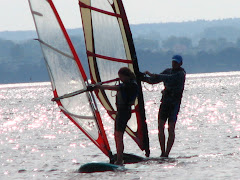
The Swiss company Vesenaz has produced a watch from dinosaur poo.Watch the numbering 100 million years petrified poo will be sold witha strap of American toad giant’s leather for only $ 12,000.
 During research, the dead whale team of experts from Cascadia Research Collective found in the belly of the animal a surprising number of thing which that animal swallowed along with the algae. - Over twenty plastic bags, small towels, surgical gloves, pants tracksuits, pieces of plastic, black tape, and ball to play golf - exchange specialists.
During research, the dead whale team of experts from Cascadia Research Collective found in the belly of the animal a surprising number of thing which that animal swallowed along with the algae. - Over twenty plastic bags, small towels, surgical gloves, pants tracksuits, pieces of plastic, black tape, and ball to play golf - exchange specialists.



